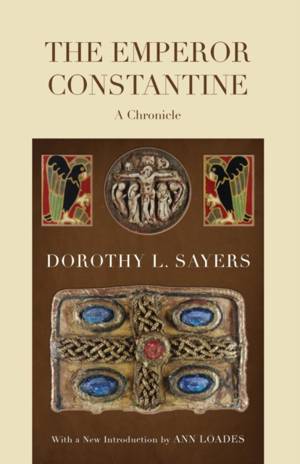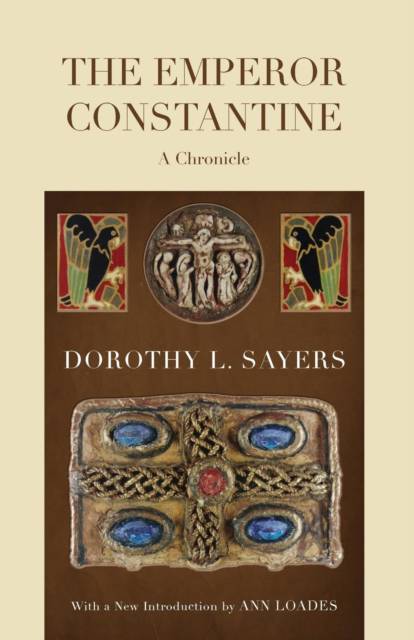
- Afhalen na 1 uur in een winkel met voorraad
- Gratis thuislevering in België vanaf € 30
- Ruim aanbod met 7 miljoen producten
- Afhalen na 1 uur in een winkel met voorraad
- Gratis thuislevering in België vanaf € 30
- Ruim aanbod met 7 miljoen producten
Zoeken
Omschrijving
A brief 'Prologue' by the 'Church' introduces the career of Constantine (from AD 305-337) with scenes from the empires of both west and east, concentrating on Constantine's progress to imperial power and inevitably in religious belief. He discovers Christ to be the God who has made him his earthly vice-regent as single Emperor. Summoning the Council of Nicaea in 325, an invigorating debate results in the acceptance of Constantine's formula that Christ is 'of one substance with God.' The implications of the Creed of Nicaea are revealed in the last part of the play in which it is Constantine's mother, Helena, who brings him to the realization that he needs redemption by Christ for his political and military life as well as for the domestic tragedy which has resulted in the death of his son.
Specificaties
Betrokkenen
- Auteur(s):
- Uitgeverij:
Inhoud
- Aantal bladzijden:
- 212
- Taal:
- Engels
Eigenschappen
- Productcode (EAN):
- 9781610970211
- Verschijningsdatum:
- 9/09/2011
- Uitvoering:
- Paperback
- Formaat:
- Trade paperback (VS)
- Afmetingen:
- 137 mm x 211 mm
- Gewicht:
- 249 g

Alleen bij Standaard Boekhandel
+ 77 punten op je klantenkaart van Standaard Boekhandel
Beoordelingen
We publiceren alleen reviews die voldoen aan de voorwaarden voor reviews. Bekijk onze voorwaarden voor reviews.







